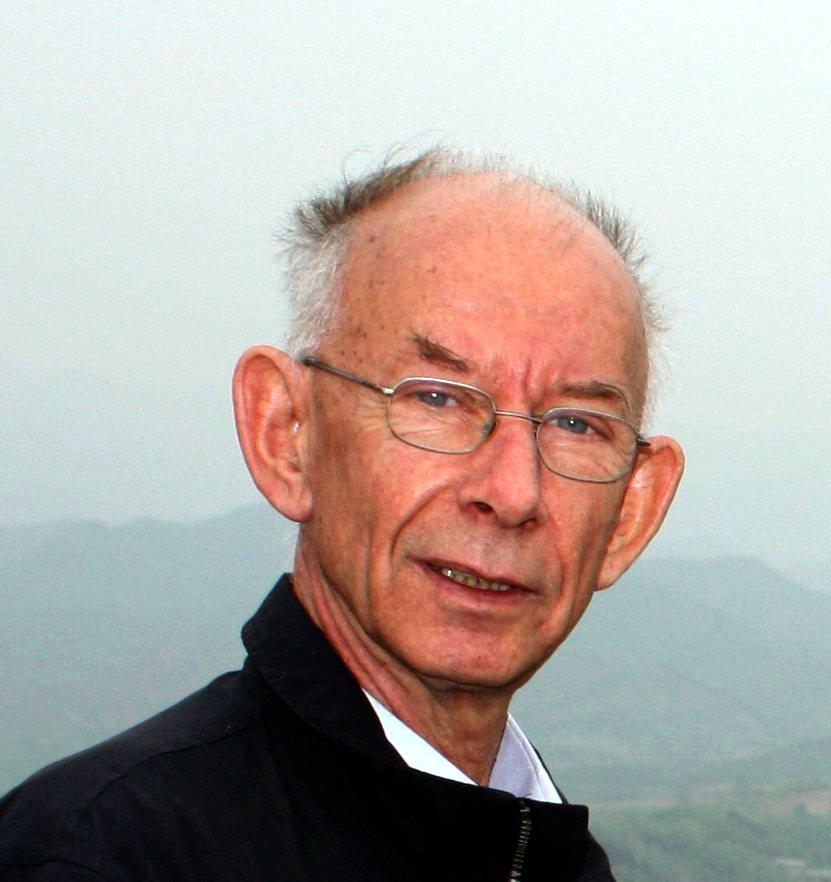In memory of Reidar Løvlie
Last week we received the sad and unexpected news that professor Reidar Løvlie had passed away, shortly before his 69th birthday.
Main content
The news of his death came as a big surprise to us all. Up until the very end he was full of energy, planning new experiments, new fieldwork and improvements to his teaching. It seems strange that we will no longer meet him walking energetically through the corridors, or in lively conversation about science, people and the world at large.
Reidar completed his MSc at Geophysical institute, Department C at the University of Bergen in 1970 within the new field of paleomagnetism. A grant from the Norwegian Research Council followed, enabling him to spend time at the Lamont Doherty Geological Observatory, before returning to "Department C" as a research assistant. This was the start of a more than 40 year long career at the University of Bergen, the last 20 years as a full professor at the Institute of Solid Earth Physics, which later became part of the Department of Earth Science. During all those years the palaeomagnetic laboratory has been a cornerstone in Reidar's research, and he must take the main credit for building the laboratory up to a high international standard.
Reidar conducted basic research in the best possible sense, motivated more by true curiosity about how nature works than peer recognition and research funding, although these also followed naturally from his original ideas. Nothing was better than if the best way to investigate a scientific problem also challenged his practical abilities. Numerous pieces of apparatus in the shelves of the palaeomagnetic laboratory bear witness to Reidar's creativity and curiosity when asking the question: what if..., and how can I investigate that?
As a colleague and teacher Reidar was always the one who loved to challenge accepted truths, and saw it as his mission to inspire colleagues and students to think outside the box. We learned to appreciate his unconventional perspectives and openness towards the natural phenomena that surround us. He was at his best when he could inspire young people, something which not only benefitted his students, but also lead to him using much of his free time doing voluntary teaching at a Swedish high school, and a long standing engagement in the local Steiner School and anthroposophical society.
Reidar had wide research interests, encompassing fundamental magnetization processes and properties of the Earth's magnetic field, as well as applications to plate tectonics, archaeology, Quaternary geology and paleoclimate. Through the years he acquired extensive field experience in both polar regions, but for the past 15 years his work in China was probably closest to his heart. This lead to annual trips to China for field work and meetings, the last one as recently as in May this year. He was also responsible for bringing and educating numerous Chinese MSc students in Bergen, many of whom later became his scientific collaborators. The fact that he also meant a great deal as a mentor and friend to his Chinese colleagues is among other things testified by his appointment as a Honorary Professor at Taiyuan University, and by all the condolences received by the Department during the last few days from his Chinese friends and colleagues across the world.
The passing of Reidar Løvlie leaves a large gap at the Department of Earth Science. He will be sorely missed.
Friends and colleagues at the Department of Earth Science, University of Bergen.
